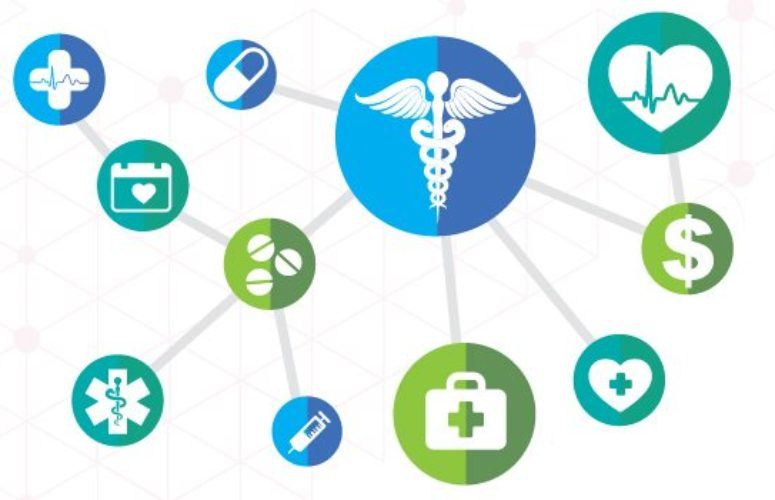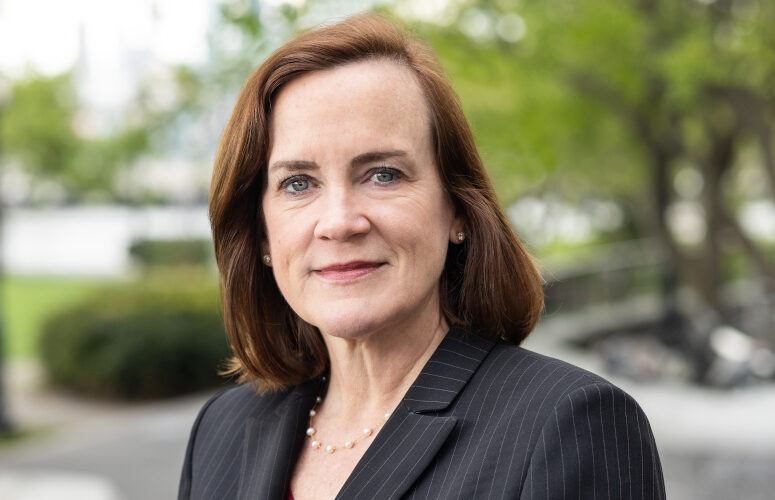
Organizations Take Aim at New Jersey’s Deadly Diabetes Epidemic
On Oct 18, 2017In an effort to help eradicate diabetes among New Jersey adults with incomes below the federal poverty level, major state organizations – Summit Medical Group Foundation, the Community FoodBank of New Jersey and seven community/faith-based agencies – have partnered on an initiative called “Food, Health and Hope: An Answer to Diabetes” (FHH Diabetes). It geographically targets urban municipalities in Essex, Passaic and Union counties, where adults with diabetes account for 7.2 to 10.6 percent of the population.
“We are thrilled to announce this essential initiative and collaboration with the Community FoodBank of New Jersey to address the state’s growing diabetes epidemic,” says Joe Finocchiaro, Summit Medical Group Foundation executive director. “FHH Diabetes will build upon our pilot project last year, which provided more than 2,500 screenings and exemplified a true willingness of consumers to participate in local, free medical screenings at the site where they received food. We are honored to be an integral part of this statewide effort to deal with the challenge of diabetes in New Jersey and work towards changing people’s lives,” Finocchiaro adds.
The availability and affordability of health insurance is an essential part of a successful system of care for people with type 2 diabetes, Finocchiaro says. “In the absence of coverage for these services, people are at a major risk of living with type 2 diabetes as they are more likely to forgo the care they need, increasing their risk of developing serious complications,” Finocchiaro adds.
In addition to medical screenings and health care services, access to diabetes-friendly food is a critical component of managing and improving lifestyles.
“Many of the people we serve are working families who make tough choices every day just to make ends meet,” says Debra Vizzi, president and CEO of the Community FoodBank of New Jersey. “This often means choosing inexpensive and unhealthy food to get by. In fact, we know that 28 percent of households we serve have at least one person with diabetes. Consistent access to nutritious food and education are key to addressing diabetes and other health conditions. Hunger is a health issue and it is a major FoodBank priority. The Community FoodBank of New Jersey and Summit Medical Group Foundation are the prescription.”
“It’s essential for communities to work together to help thwart the growth of the disease. Providing healthy, diabetes-friendly food is just one component, which is why this partnership is so important,” Vizzi adds.
Once clients are on a steady regimen, Vizzi and Finocchiaro, working with the Center for Research and Evaluation on Education and Human Services (CREEHS) at Montclair State University, will be able to measure the success of the initiative. “It’s really all about saving lives and educating individuals about how to maintain a healthy lifestyle and manage their health,” Finocchiaro adds.
FHH Diabetes hopes to combat all of the above issues with the following key program objectives:
- Conduct diabetes screenings for 3,000 clients at seven food pantries in Essex, Passaic and Union counties.
- SMG volunteer physicians and RN coordinators from SMGF will provide diabetes and pre-diabetes medical screenings, referrals and follow-ups for at least 3,000 Community FoodBank of New Jersey clients, and will enroll 300 who have HbA1c levels of 5.7 (indicating pre-diabetes) or higher (indicating diabetes).
- Provide referrals and support to help clients gain access to medical homes, diabetes self-management education and medical monitoring per the American Diabetes Association Standards of Medical Care in Diabetes.
- Twice a month, enrolled clients will receive food boxes containing fresh fruits and vegetables, whole grain products, lean proteins and other nutritious food appropriate for people with diabetes. (FHH Diabetes will distribute 7,200 food boxes annually). There will be an opportunity to increase SNAP/WIC enrollment for this population.
- Provide nutrition education through the USDA’s Expanded Food and Nutrition Education Program (EFNEP) at food distributions to encourage healthy lifestyles.
- Offer annual foot exams (by Summit Medical Group podiatrists), annual vision screenings (through Visionworks) and glucose monitoring at 3-month intervals (by SMGF clinical staff).
- Provide access to low-cost diabetes medications, when prescribed by local providers, through the Diabetes Foundation, Inc.
- Improve the knowledge, skills and abilities necessary for diabetes self-care. Community FoodBank of New Jersey clients participating in the program will be asked to remain in the program from start to finish.
Montclair State University’s CREEHS will serve as the program’s evaluator because of the center’s strong public health focus.
Related Articles:





